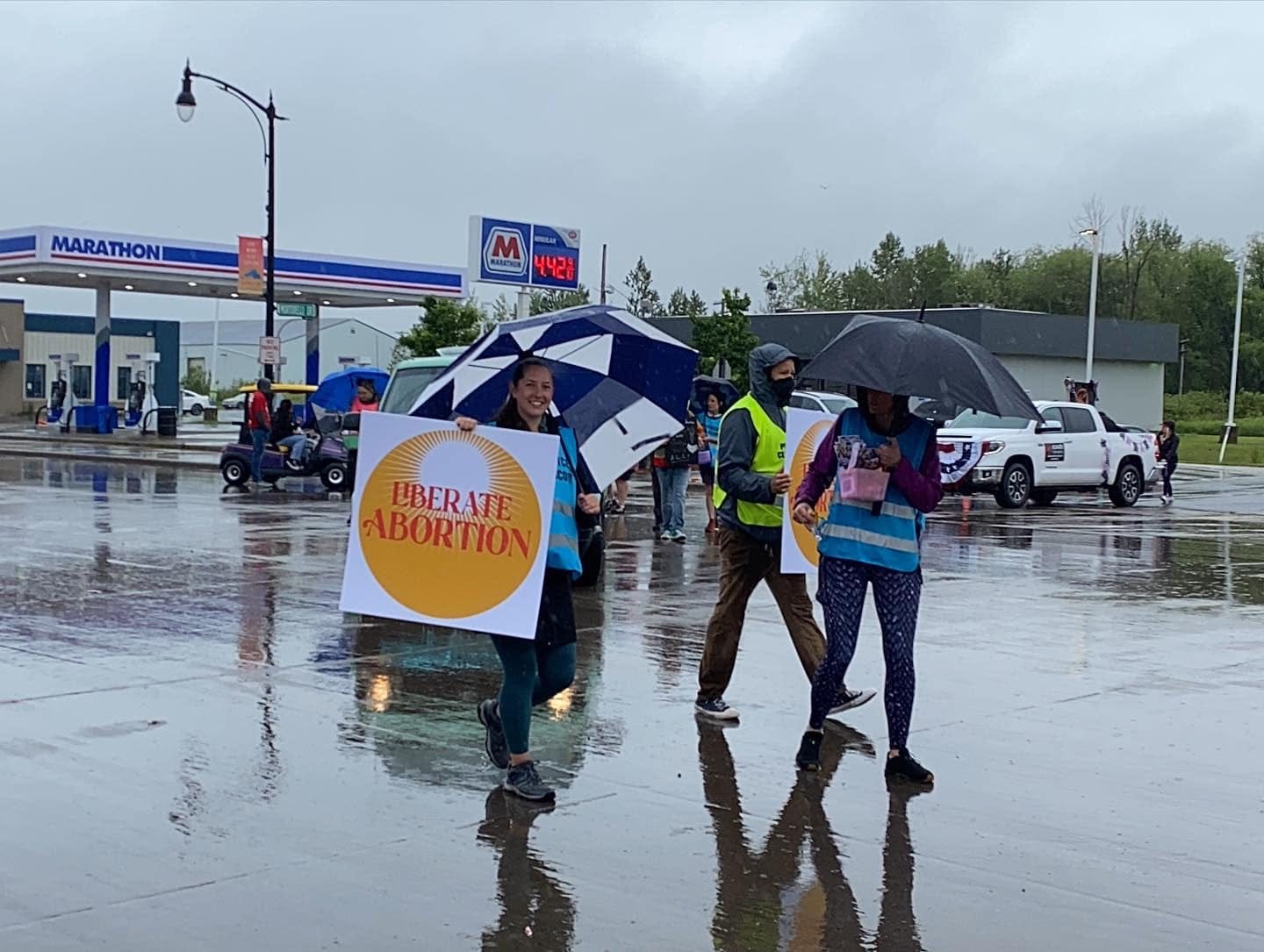Minnesota shows potential local threat to abortion access
Small City of Prinsburg recently considered new regulations
Minnesota’s current situation insofar as abortion should draw the attention of national leaders because it shows a potential threat to access if it comes from the local level.
In Prinsburg, a town with 497 people, the city council recently backed away from a proposal to allow residents to sue abortion providers, including those who sent drugs by mail. State Attorney General Keith Ellison said it was unconstitutional and would refuse to enforce that law or any others like it.
Organizations like Pro-Choice Minnesota have rallied to resist such attempts. Executive Director Maggie Meyer praised Ellison for his decision-making on the matter.
“They were nervous enough and the Attorney General came on strong enough that they actually dropped the efforts to even pass the city council level,” Meyer said.
Currently, there are nine clinics in the state that provide 10,000 abortions annually.
Attempts to regulate abortion on the local level happened decades ago, and that was the basis for a seminal case that took place in the early 1980s.
In 1983, the Supreme Court heard Akron v. Akron Center for Reproductive Health. Five years earlier, city council members in Akron passed ordinances that changed abortion laws. The most controversial provisions of the ordinances were that a woman had to tell her husband or parents when she planned on having an abortion. Doctors had to inform them that the fetus had human features and that terminating a pregnancy might cause her psychological problems. And women had to wait for 24 hours after first getting a referral to get an abortion.
The ordinance passed by one vote. It became the model for laws in 20 states, and so its establishment and constitutionality were of great concern to both the abortion rights and antiabortion movement.
The Supreme Court struck down several of the provisions enacted by the Akron council including the requirement for a 24-hour wait period and parental consent. Also struck down was the need to disclose certain information during the informed consent process as well as requiring disposal of fetal remains and hospitalization for second-trimester abortions. At the same time, the court upheld a Missouri parental consent law because it was more lenient. It allowed the juvenile woman to get permission from a judge if she didn’t want to tell her parent. Other states could follow suit.
I raised the prospect of losing that precedent in May.
If Minnesota’s situation shows anything, it will show the importance of Attorney General races at the statewide level. AGs are the ones who can decide whether to enforce or refuse to enforce local regulations that are likely to pass in some parts of the country.
For those who are unfamiliar with the arc of political careers, attorney general positions are generally launching pads for the governor’s mansion. So galvanizing feminists to vote in those races would likely serve the Democratic Party well as they would capture more of those offices later. That would grow and improve the pool of potential candidates for the presidency.
Pro-choice Minnesota sent 2,500 postcards to voters to reelect Ellison. They texted 100,000 people to gather support for him as well. Meyer encouraged other organizations to follow suit.
“That would stop localities from putting in these efforts,” Meyer said. “Of course, that would be a huge legal battle, but it would create enough of a time period that like nothing would be immediately enforceable.”




